Everyone can improve with coaching
This week I was lucky enough to work with Valérie Grenier at Tremblant. Back from the Games, she was home for a short stopover before returning to Europe for the next events on the World Cup circuit. She came to do a few giant slalom turns to stay active.
Then there was an autograph session at the Grand Manitou lodge with the club’s young U12s. As a coach, when you’re given the chance to help an elite athlete, you have to consider it a golden opportunity. But let’s remember that high-level athletes were club competitors first.
For a coach, it’s always a fabulous opportunity to have talented athletes in their group. That was my experience in 2005-2007 when I was entrusted with a group of determined young skiers that included the young Brittany Phelan.
You may remember that Brittany finished fifth in the Beijing Games and took silver in the Pyeongchang Games in ski cross. In the presence of such an athlete, with an irreproachable work ethic and unequalled commitment, the coach has a right to feel privileged.
Did I influence her career? Hard to say, but at least, I hope so. Would her trajectory have been identical without my coaching skills? I’m sure of it! To restate the words of my friend Jean-François Bélisle about another brilliant athlete that Jean-François coached: “even a monkey could coach her!”
In fact, these gifted athletes who fall into your hands have much more to teach you than they can get from your advice. They push back the limits, set objectives, and go beyond the concepts that you yourself set.
Sadly, not all coaches see things this way. Some hook onto their promising young athletes in the hope that the athletes will, in return, allow them to reach higher summits. These same coaches will generally appropriate the performances of their protégés and drop them when it doesn’t work anymore.
In fact, many parents lead themselves astray when they associate the coach’s competence with the athletes he or she has already coached. Before making that assumption, you have to dig a bit. Ask yourself the following.
- At what level was the athlete before being taken on by the coach?
- Where is the athlete now? Has there been noticeable progress?
- Are only one or two athletes in the coach’s group performing? Or does the whole group appear to have progressed?
Some coaches will focus on the best in the group and ignore those who have trouble. This kind of training is not the most satisfying.
The challenge for a coach is not limited to training champions, but rather to allow those in the shadows to shine. Everyone can improve with coaching. The competent coach is the one who will change the athlete’s natural progression curve, no matter what level they start from. The coach’s tools are respect, ethics, commitment, transparency and mastery of the sport.
In retrospect, I feel really lucky to have been on Brittany’s path. But when I think back to the team of athletes I was entrusted with at the time, when I was their coach, I remember a young man from the Gaspé, initially unknown on the podiums of the Laurentians; he ended the season by winning the Taschereau Cup giant slalom. That same season, P-N Tanguay-Levesque also distinguished himself on the provincial and national scenes.
I believe that I helped him perfect his learning and am particularly proud of that.
More from this author by clicking on his picture below


Jocelyn Huot30 Posts
Entraineur Chef du Club de ski Mont-Tremblant Entraineur Niveau 4 certifié FESC / PNCE Niveau 3 de l'Alliance des moniteurs de ski du Canada Formateur pour Alpine Canada depuis 2007 Head coach of the Mont-Tremblant Ski Club Leve 4 FESC/PNCE – certified coach, Level 3 CSIA/AMSC – certified instructor

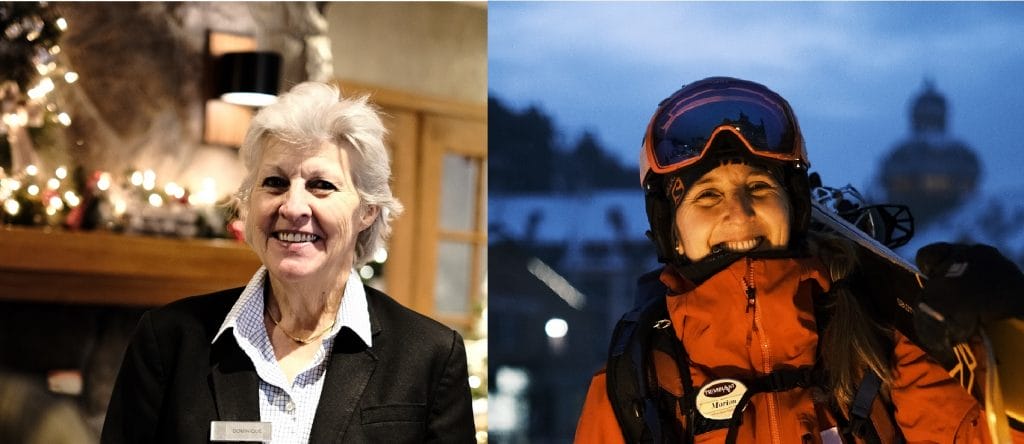
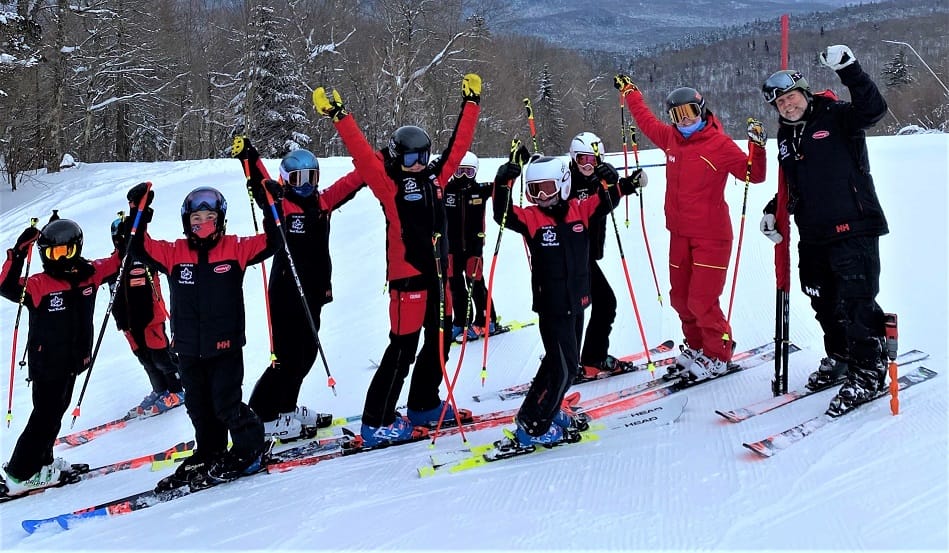
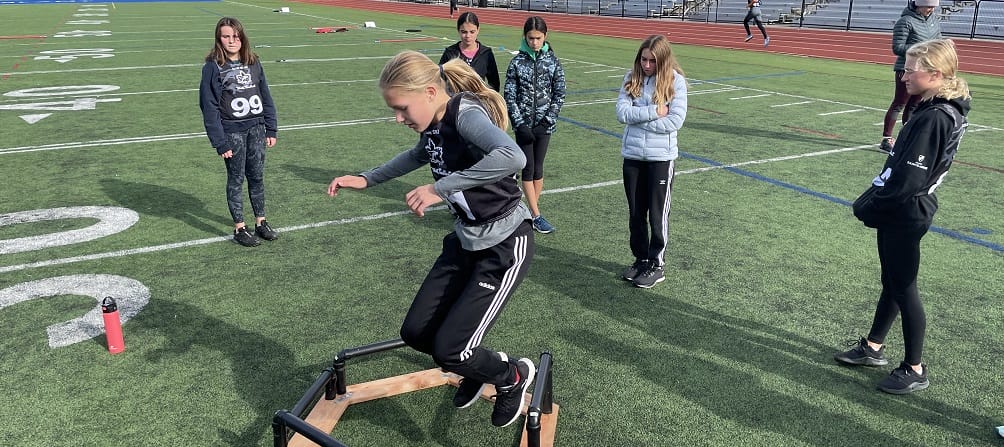
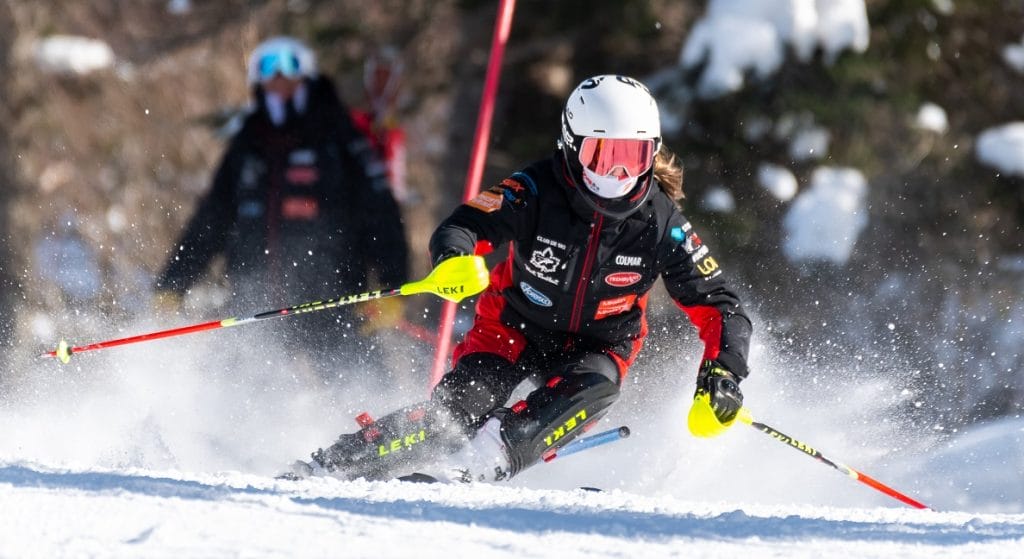

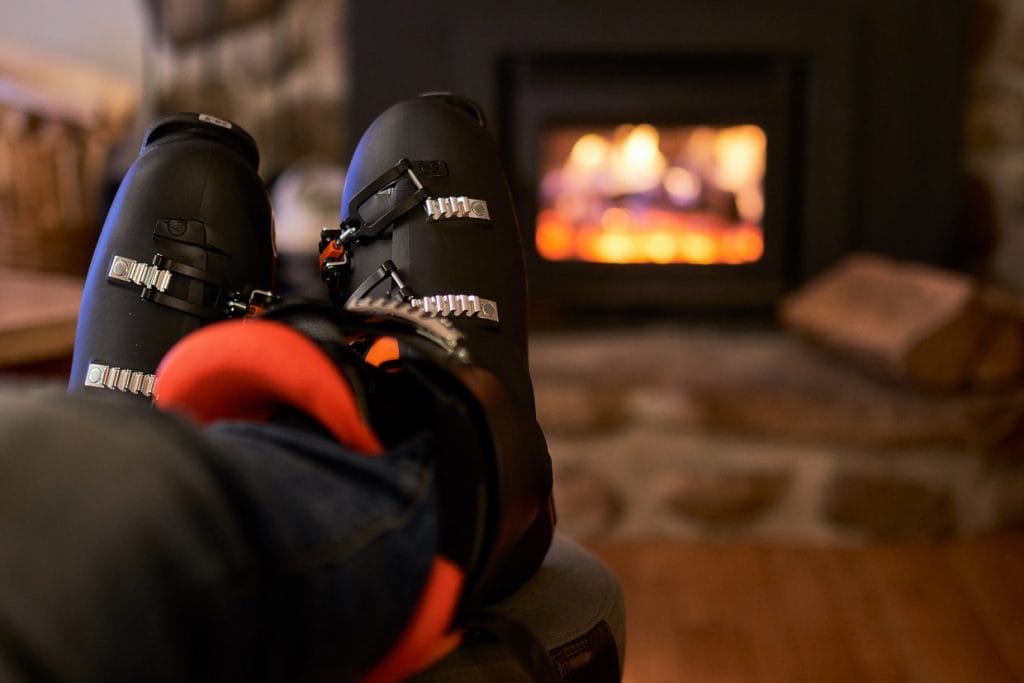
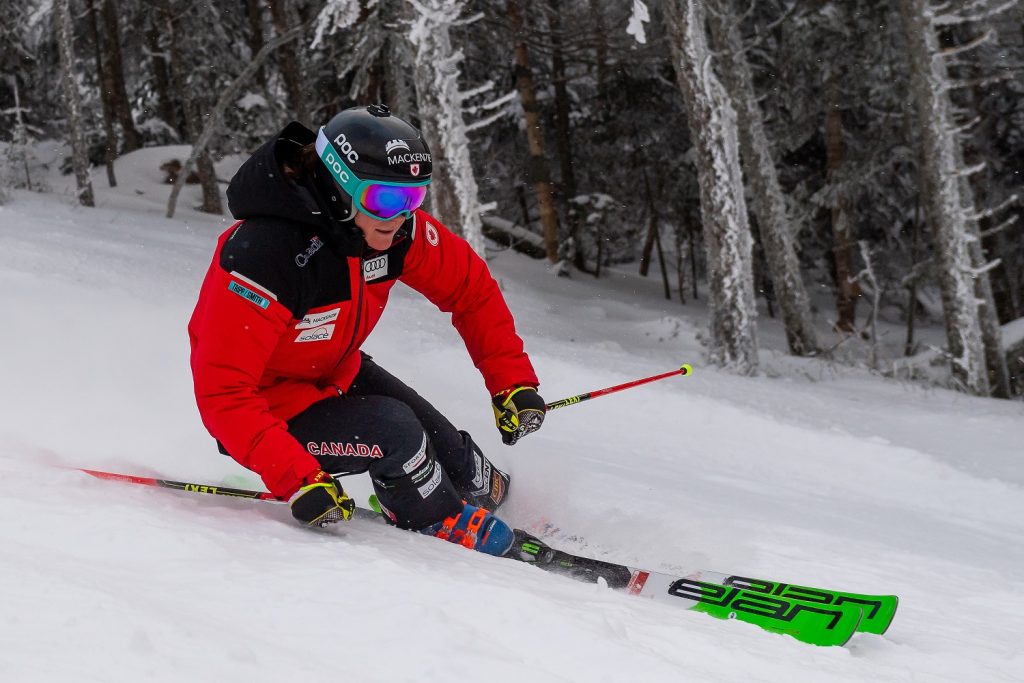

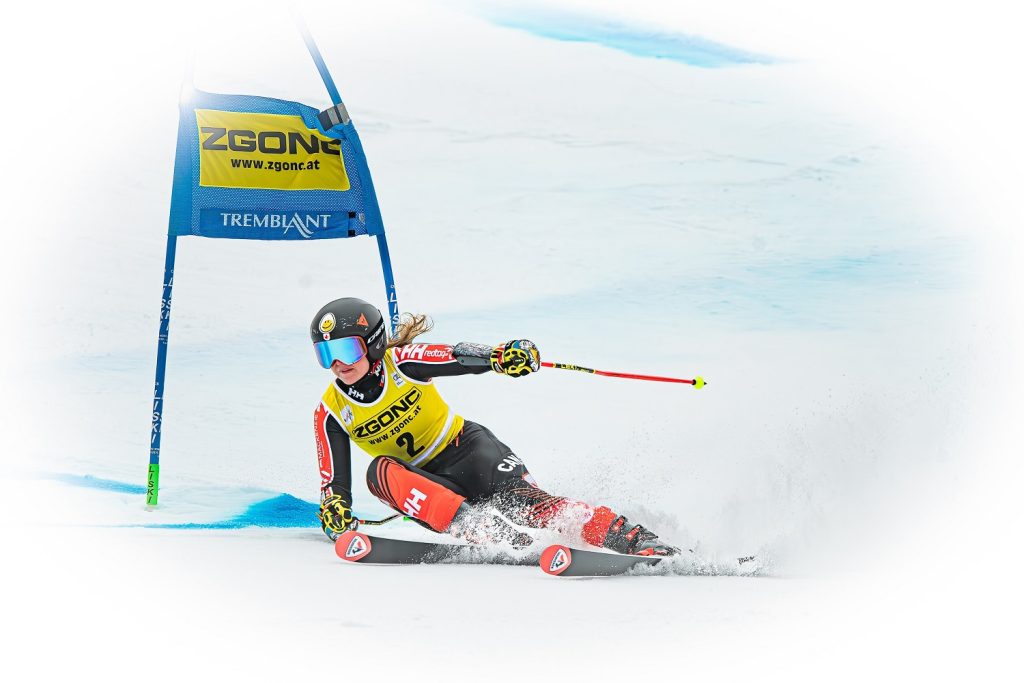
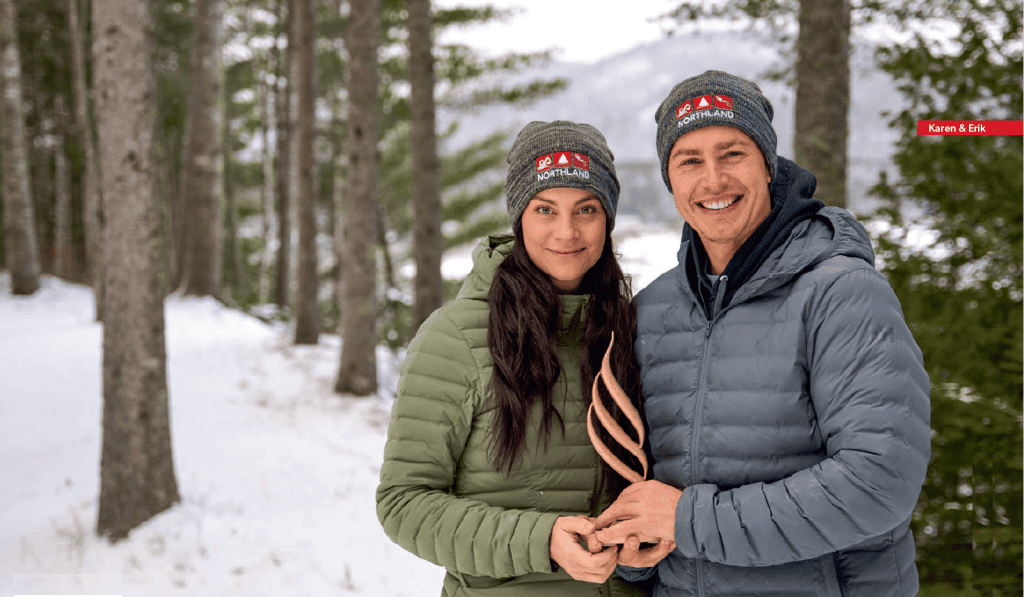
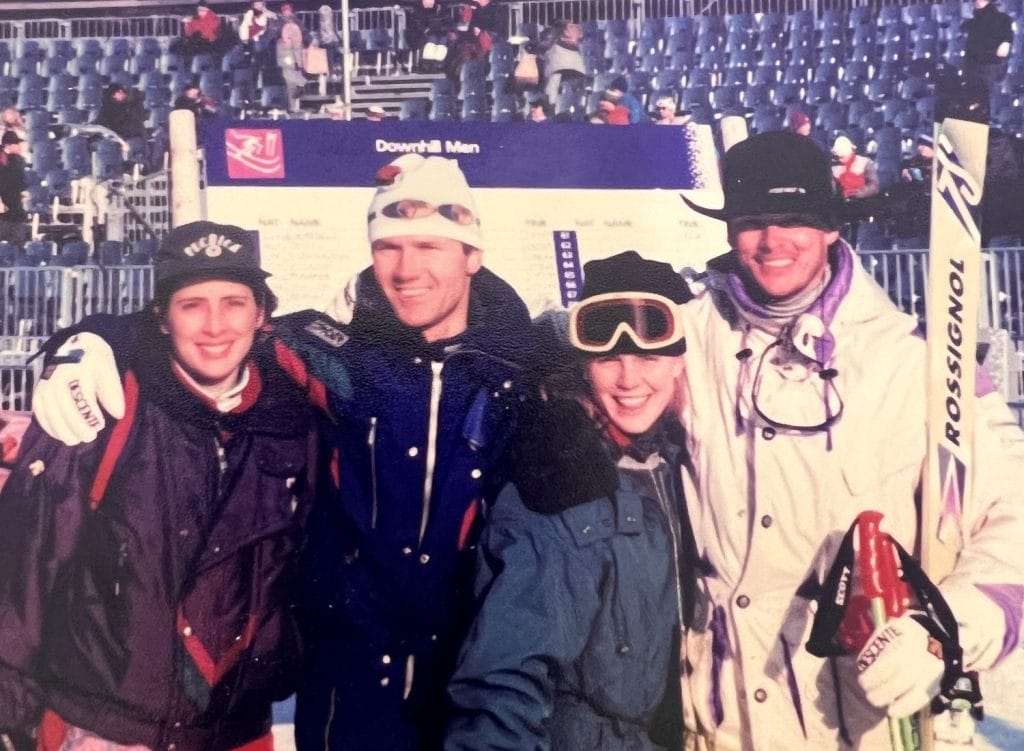
0 Comments